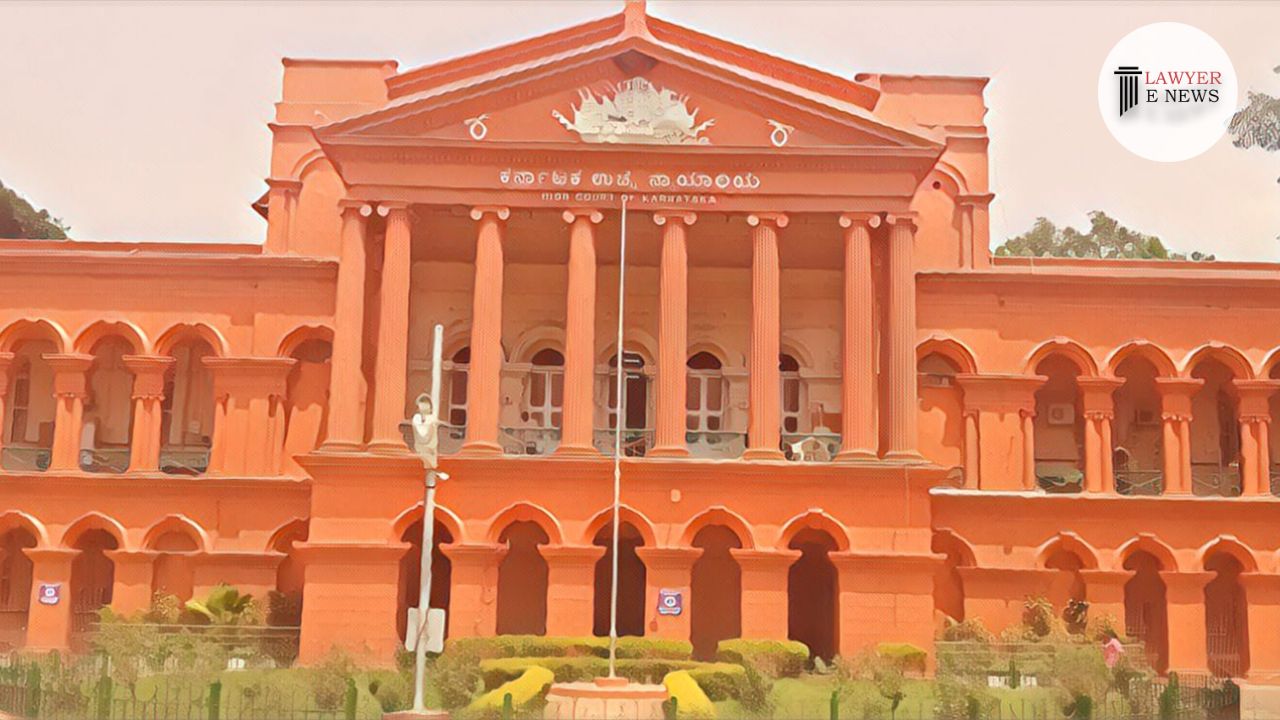-
by Admin
20 February 2026 5:23 AM



In a significant development, the High Court of Karnataka has granted bail to the accused in a case involving organized crime, emphasizing the prolonged incarceration of the petitioner as a pivotal factor in its decision. The judgment, delivered by Justice S. Vishwajith Shetty, has drawn attention to the delicate balance between the gravity of charges and an individual's right to a speedy trial.
Justice Shetty's observation on the matter is noteworthy: "Once it is obvious that a timely trial would not be possible and the accused has suffered incarceration for a significant period of time, the courts would ordinarily be obligated to enlarge them on bail."
The case at hand pertains to Accused No. 5 in Special Case No. 366/2019 before the Principal District & Sessions Judge, Mysuru, facing charges under various sections of the Indian Penal Code and the Karnataka Control of Organized Crimes Act, 2000 (KCOCA). The accused had been in custody since March 22, 2019, amounting to over 4 and a half years behind bars.
The judgment also highlights the absence of serious allegations against the petitioner. Justice Shetty noted, "Considering the nature of material available against the petitioner and also the allegations made in the charge sheet, I am of the opinion that the petitioner who is in custody for the last more than 4 1/2 years has made out a prima facie case for grant of regular bail."
This decision aligns with previous instances where courts have granted bail to individuals facing charges under special legislations, such as the Terrorist and Disruptive Activities (Prevention) Act and the Narcotic Drugs and Psychotropic Substances Act. The courts have consistently emphasized the importance of a speedy trial and the need to balance the seriousness of charges with an individual's right to liberty.
It is crucial to note that the court's decision was made after taking into account the petitioner's extended period of incarceration and the unlikelihood of a swift trial in the near future. This decision reiterates the principle that individuals cannot indefinitely be detained pending trial.
The judgment also serves as a reminder of the courts' responsibility to protect the rights and freedoms of individuals while upholding the principles of justice and fair trial.
Date of Decision: 13th October 2023
DHANRAJ SALYAN @ DHANU KOLA vs STATE OF KARNATAKA
